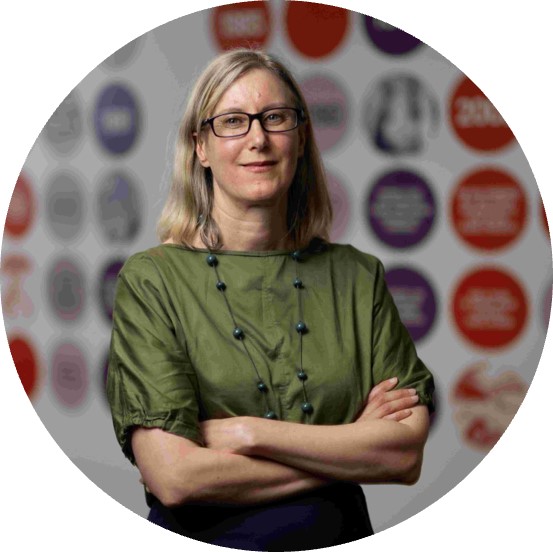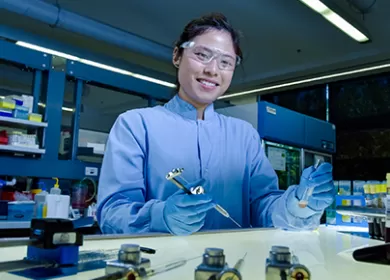Unlocking the potential of Filipino blood donors: a giving and engaging community
Did you know that blood types go beyond A, B, and O? In fact, there are over 350 different blood types, and some of those are more common in people with particular ethnic ancestry. That’s why it’s so important that Lifeblood collects blood from a wide range of the Australian population, to provide blood that’s a great match for everyone who needs it.
In 2023, our Research team started working with the Centre for Population Genomics to understand why certain ethnic minority groups, like Filipinos, are less represented in blood donation and genomic research. We wanted to know how people with Filipino ethnic ancestry feel about donating blood, joining research studies, and specifically giving blood for genomic research. We hope that the findings from this study will help people with Filipino ethnic ancestry to donate blood and participate in research. Future research will focus on other important groups including Vietnamese, Samoan, Fijian, Tongan and Sudanese.
We talked to 17 blood donors with Filipino ethnic ancestry through online focus groups and interviews. We learned that in the Philippines, blood donation is often seen as a one-time thing, done for family or friends in need, or even as a paid activity. This view might influence how Filipinos in Australia think about donating.
Participants thought that some Filipinos would be hesitant to donate blood because they don't know much about the process, worry about safety, are afraid of needles, think they might not be eligible, or think their blood isn't good enough. On the other hand, they thought the idea of helping loved ones and feeling good about doing something helpful would appeal to Filipino Australians. They also thought Filipino friends and family would enjoy the health checks and snacks they would get through donating.
When it comes to research, they thought Filipinos are generally willing to participate, especially if it helps their community. However, they're careful about their privacy and want to know exactly how their data will be used and kept safe.
For genomic research, they're even more cautious, especially if it's not run by Lifeblood. They want to understand how the research will benefit Filipinos and how their personal genomic data will be protected.
Overall, we found that Filipino Australians are open to donating and participating in research if they have clear, trustworthy information and feel confident about privacy and the positive impact of their contribution.

